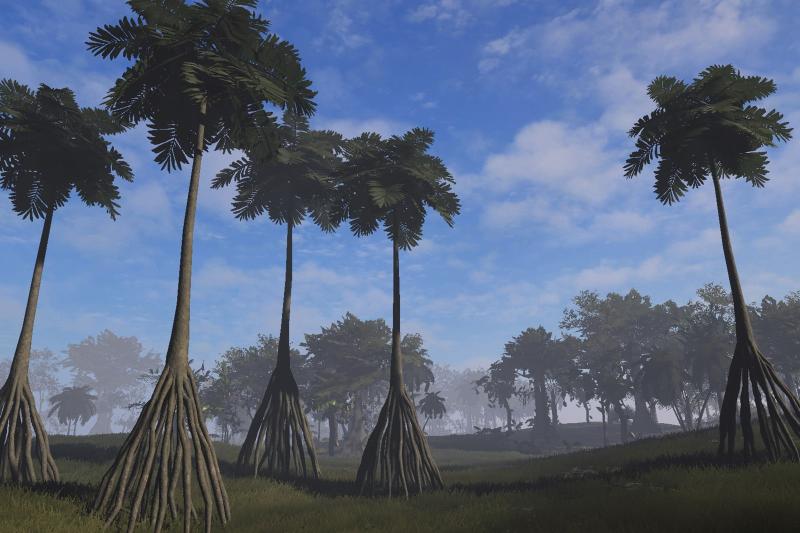Developing capacity for decision making in complex systems, and environments for exploring complexity and different viewpoints.
In complex systems, different parts of the system are connected to each other as well as to other parts of the system. Making changes in one system might create a cascading effect on other systems in ways that can be difficult to grasp and overwhelming to those making decisions or affected by them. Furthermore, in complex systems we have to deal with subsystems with different goals that are not always fully aligned or even competing, such as competing interests of different stakeholders. Games can help stakeholders understand complexities and interdependencies in the systems, because they can engage participants and hold their attention for long enough for them to start understanding the complexity.
In this theme, we create gamified environments that help decision-makers to explore system's trade-offs and different viewpoints in a gamified environment to develop capacity for decision making. We also create environments for social exchange, to help the participants (e.g., the communities) explore system's complexity and start co-creating solutions to the messy and wicked problems.

Accelerating solar rooftops adoption in Indonesia
This project aims to understand attitudes and perceptions of the potential users and to develop a system of incentives and interventions aimed at a higher renewable energy uptake in Indonesia.

Public consultations meet gamification and AI
The project focused on the design of a gamified approach to citizen engagement in policy making in order to facilitate public consultations with the aim to gather views on and prioritise policies from the citizens. This approach is combined with Natural Language Processing to facilitate analysis of the results.

Botanical Gardens in Rupununi, Guyana
This project builds on our experiences learned while developing the Iwokrama Invisible River Carbon project, but this time focusing on the diverse and wonderful flora of the Iwokrama, which is vital to the sustainability of the rainforest itself and is used extensively by the indigenous peoples of the region. In this project, the player explores a VR modelled environment based on the botanical gardens in Georgetown, Guyana, which also ties in 360° footage. While exploring, they search for various types of important plant species by following tips given in their logbook (e.g.